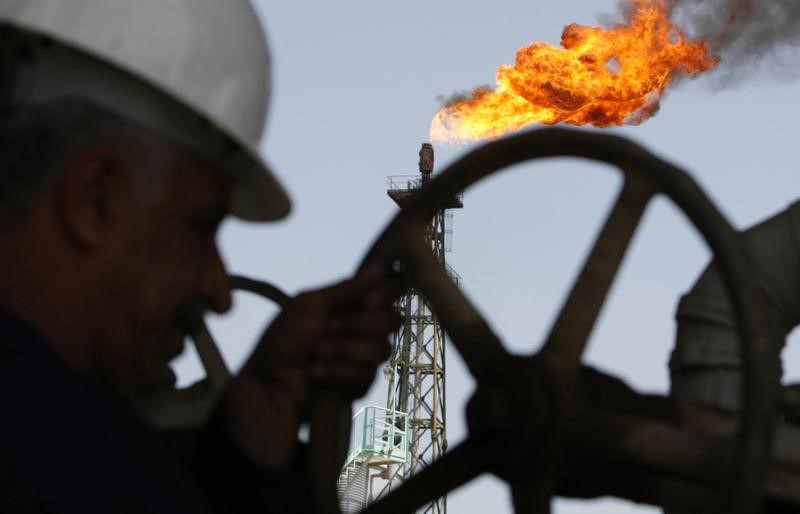Gold prices edge lower; heading for weekly losses ahead of U.S.-Russia talks
By Peter Nurse
Investing.com -- Oil prices edged higher Friday, but the market was heading for a weekly loss as concerns about a possible global economic slowdown on the back of aggressive monetary tightening weighed.
By 9 AM ET (1300 GMT), U.S. crude futures traded 0.7% higher at $103.42 a barrel, while the Brent contract rose 0.6% to $105.30. Both benchmarks are on course to register weekly declines of over 5%, following on from the first monthly decline since November.
U.S. Gasoline RBOB Futures were down 1.4% at $3.3714 a gallon.
Global banks around the globe, led by the U.S. Federal Reserve, have started raising interest rates sharply to try and tame rampant inflation, prompting fears that this will result in an abrupt drop in economic activity and thus slump in demand for crude.
The Fed hiked rates by 75 basis points last month, and the minutes from that meeting, released earlier this week, suggested the central bank policymakers retained a hawkish bent.
Two of those policymakers, Christopher Waller and James Bullard, backed raising interest rates by another 75 basis points this month on Thursday.
The latest U.S. jobs data showed a still healthy labor market, as nonfarm payrolls increased by 372,000 in June, while average hourly earnings climbed 5.1% on the year, suggesting wage inflation pressures remain.
That said, despite the week’s losses, the oil prices remain around the $100 a barrel level, elevated on continued worries over tight global supplies.
The Organization of the Petroleum Exporting Countries, and its allies, has announced a gradual increase in its proposed output, but many of the members are struggling to meet their allotted quotas due to years of under-investment.
Then there are the disruptions associated with the sanctions on Russia as a result of its invasion of Ukraine.
“There remain risks around Kazakhstani oil flows, after a Russian court earlier this week ordered the halting of loadings from the CPC terminal on Russia’s Black Sea Coast,” said analysts at ING, in a note. “The court ordered a 30-day stoppage in loadings apparently due to violations on rules around oil spills.”
U.S. Treasury Secretary Janet Yellen heads to Asia, aiming to persuade the governments of China and India over the weekend not to undermine western plans to put a price cap on Russian oil.
Yellen’s efforts come ahead of an even more important visit by U.S. President Joe Biden to Saudi Arabia scheduled for next week.
U.S. crude inventories hit two-month highs last week, according to Thursday’s data from the Energy Information Administration, with stockpiles at just over 8 million barrels.
“This is the largest weekly increase since early May,” ING added. “However, when factoring in releases from the SPR, total US crude oil inventories increased by just 2.39MMbbls.”
Weekly rig count numbers from Baker Hughes and the CFTC’s positioning data round off the week, as usual.
